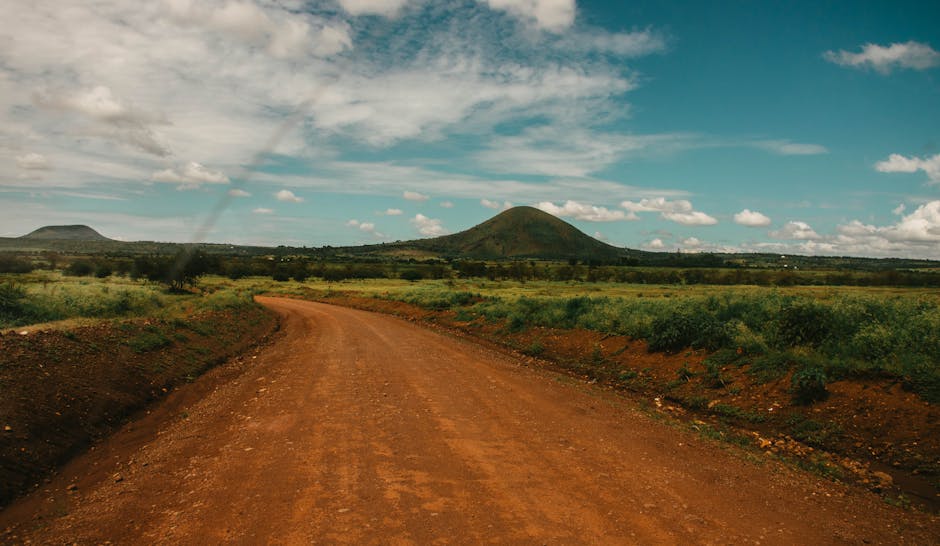Tanzania, long regarded as a beacon of stability in East Africa, is now embroiled in political turmoil following President Samia Suluhu Hassan’s landslide re-election. While authorities declare the vote free and fair, opposition groups, activists, and global observers allege electoral fraud, repression, and a shrinking democratic space. Here’s a breakdown of the key factors driving the unrest.
Contested Election Results Spark Outrage
President Samia Suluhu Hassan, who took office in 2021 after the death of John Magufuli, won the October 2024 polls with over 80% of the vote. However, opposition leaders—including Freeman Mbowe of CHADEMA—have rejected the outcome, citing voter intimidation, ballot fraud, and suppression of rival campaigns.
African Union observers noted irregularities, including restricted media access, internet blackouts in opposition areas, and arrests of critics. These issues have raised doubts about the election’s credibility, despite government assurances of fairness.
Government Crackdown on Opposition
Post-election Tanzania has seen a harsh clampdown on dissent. Protests are banned, opposition figures face arrests under cybercrime laws, and social media platforms like X and WhatsApp experience disruptions. Rights groups like Amnesty International report police violence, including live fire on demonstrators. Officials dismiss these claims, blaming “foreign-backed agitators” for instability.
Economic Struggles Heighten Anger
Beyond politics, economic woes are intensifying public frustration. Despite growth, Tanzania battles high inflation, youth joblessness, and soaring living costs. Many citizens, especially young people, feel betrayed by slow reforms after Samia’s promises of openness post-Magufuli.
Ethnic and Regional Divides Surface
Tanzania’s reputation for ethnic unity is fraying. Opponents accuse the government of favoring certain regions in resource sharing, while Zanzibar’s semi-autonomous status fuels separatist tensions.
Global Response and What’s Next
The U.S., EU, and East African Community (EAC) have called for election audits and dialogue. Tanzania rejects external pressure, calling it interference. With protests continuing and the government deploying security forces, the crisis risks escalation.
Conclusion: Tanzania’s Democratic Future in Balance
President Samia’s victory was meant to affirm reform, but allegations of fraud and repression have deepened distrust. Without meaningful dialogue, unrest could worsen, destabilizing a key African nation.
— NextMinuteNews



